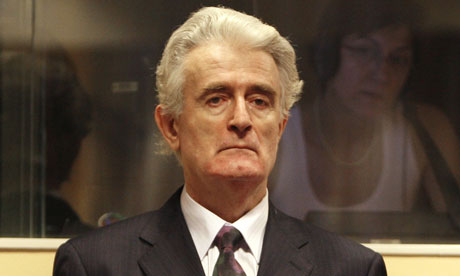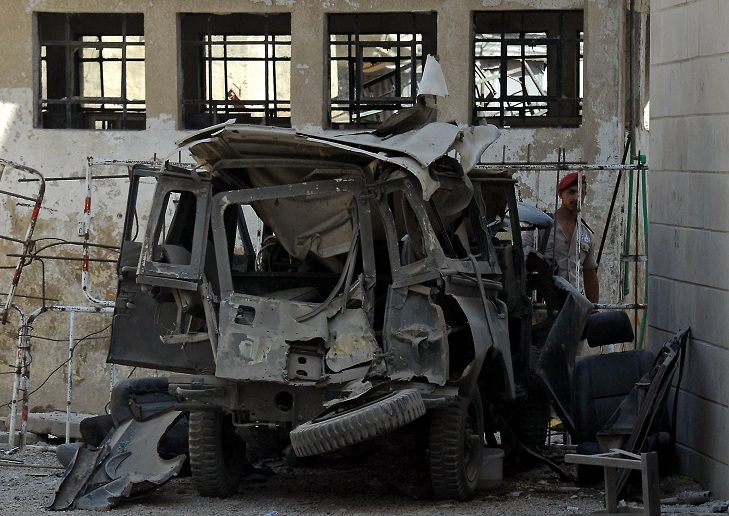There is a longstanding irony in the production of Giacomo Puccini’s “La bohème. Puccini’s second successful opera, which premiered in 1896, is a story that revolves around a group of artists living on the edge; yet due to what opera has become, and the sort of audience that it draws, the work is anything but bohemian.
Nor was Puccini, at the time he wrote “La bohème, a bohemian. He was by all accounts a popular composer, and while his audiences may not have always been the stereotype of opera audiences today, they were frequent theatergoers and his work appealed to this common sensibility.
He was involved in the artistic trend of the day – verismo, or realism – which sought its subjects in everyday life and opted to inject naturalism into opera. “La bohème and its companion works at the time were an innovative break from the historical or mythological topics which had riddled opera to that point.
In presenting characters from lower social strata, the writers simply found a new entry point to moralize their concerns. That his operas exist today in haughty productions for the wealthy is only partly paradoxical.
However, the latest production of “La bohème, currently staged at the Cairo Opera House’s Main Hall, reconfigures the work into the gray divide of its subject matter and natural audience. At LE 35 for the best seats in the house, the show is by no means inaccessible.
The wonderful and earthy sets designed by Mohamed El-Gharabawy eloquently comment on the stark atmosphere of the characters, while providing opera goers with the requisite aesthetic luxury.
On the whole, the production takes graceful steps towards a meeting point between its popular 19th century subject matter and the delightful actuality of an all Egyptian cast in the 21st century, singing in Italian.
Directed by maverick Egyptian filmmaker Asmaa El-Bakry, the performance is down-to-earth in a good way; the title roles perform humbly yet skillfully and give the production a good name. There is camaraderie achieved by the performers of the four bohemian men on stage that pulls us into their world. From the first moments of their juvenile search for a night of cheer, to the last moments before their profound, awakening loss, the men compliment each another on stage with a genuine playfulness.
Their story is a simple one: the four rogues – a painter, a poet, a philosopher and a musician – are broke. Being the bohemian free spirits they are, they choose to sacrifice money for freedom. This is often at great cost. The poet Rodolfo must set a play he has written on fire to keep heat in their oven. The painter Marcello endures the constant infidelity of his girlfriend Musetta, when she needs to be pampered by rich men. Bills pile with only dubious means of resolution. The levy for their lifestyle is never as evident as in the play’s climax, where Mimi, the fragile girlfriend of the poet, dies from the cold.
Dotted with hardship, the plot and the current production for the most part are full of gaiety. The ensemble might not have hit all the right notes at the right time. As the temptress Musetta, for example, all but the shrillest of Dalia Farouk’s lines were audible. Similarly, many of tenor Walid Korayem’s more subtle orations were overpowered by the orchestra.
In general, however, the cast and musical ensemble work harmoniously together – never so well as with Neveen Allouba’s gorgeous, graceful arias in the role of Mimi.
It is difficult at first to believe that the commanding Allouba, her strong voice a high crystal, will match the delicate persona required for the role of the sickly Mimi, but not only does she fit in perfectly in her character, she hits the nail on the head. Her presence and beautifully executed songs bring alive the sympathetic humility of her character.
I was genuinely moved at the end of the performance, when the pink bonnet that Rodolfo had brought her, brings a light to her face. The concern of Korayem’s Rodolfo and the innocent nostalgia of Mimi are wonderfully embodied by the two performers.
The commendable supporting cast should also be noted, namely Moustapha Mohamed in the role of Marcello. His voice alone could carry the entire show. Emad Adel as Schaunard and Abdel Wahab El-Sayed as Colline also performed beautifully in their roles as the philosopher and musician, respectively.
Audiences should be aware, however, that in the production, title performers alternate each night. It would be wonderful to see how the cast with Iman Moustapha, Mona Rafla and Fabio Andreotti fill out their roles in the title parts.
We are gently plodded to empathize with the characters by beautiful orchestration under the conductor Nayer Nagui. Indeed, the orchestra is the support on which the strength of the performance rests.
The work is not without flaws – the chorus is too large in act two and largely out of key. Farouk’s overstated, childish interpretation of Musetta at the start of the play made little room for a believable transformation into the thoughtful caretaker she is required to be in act four. It all works eventually though. She does the job, and like the others, these imperfections are absorbed into the performances’ general ambiance of warmth and showmanship.
Indeed, this is a primary mystery of live performance; often the most technically sound, perfectly executed performances are not the most enjoyable, and those with small flaws are nonetheless heartwarming and pleasing. This production of “La bohème certainly falls into the latter category.
The story that takes place in part on Christmas Eve has within it all the substance of enjoyable holiday musicals; they nourish us in a certain way, like warm drinks on a cold night.
Catch “La bohème tonight, 8 pm, at Cairo Opera House’s Main Theater. Tel: (02) 2739 8144.


